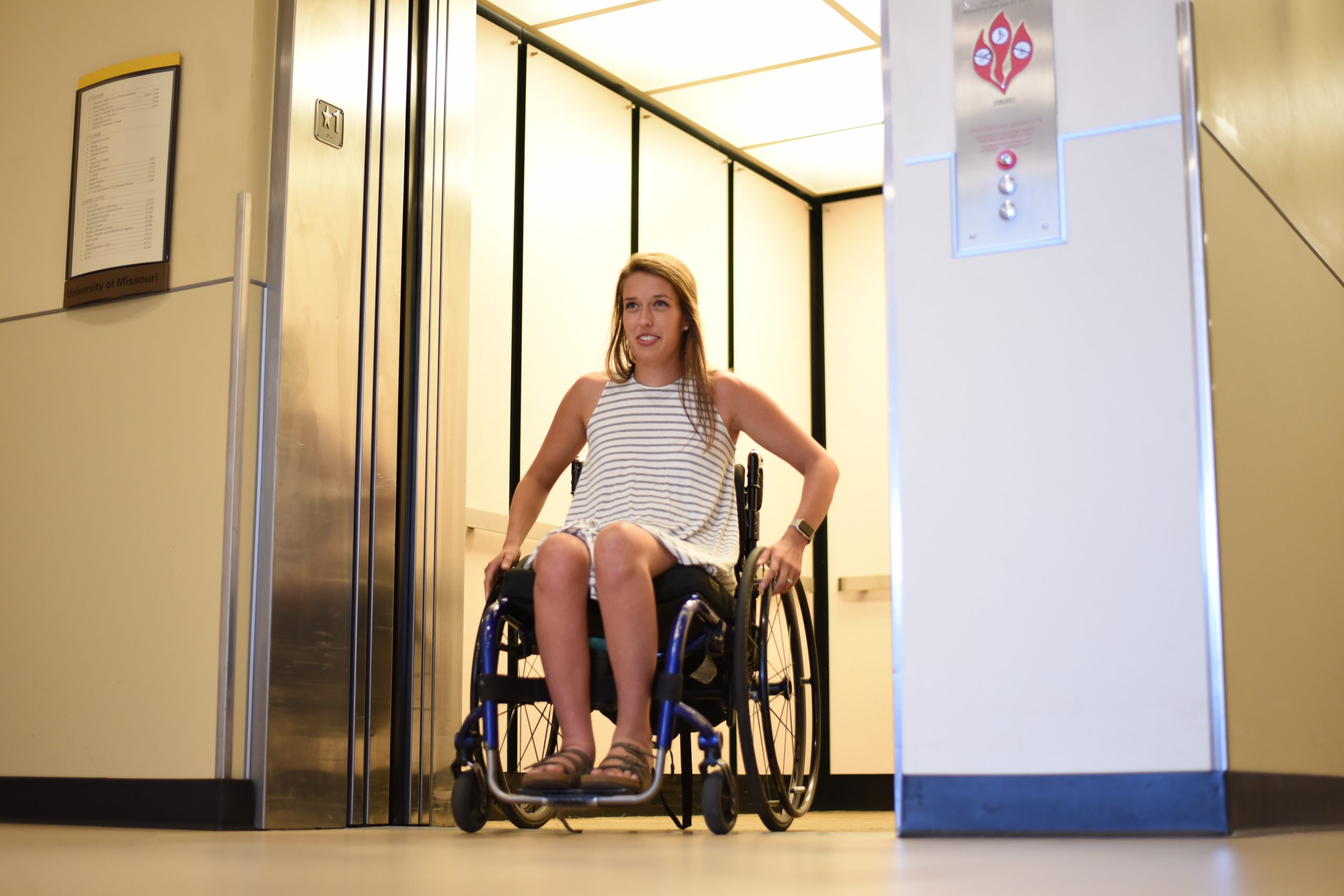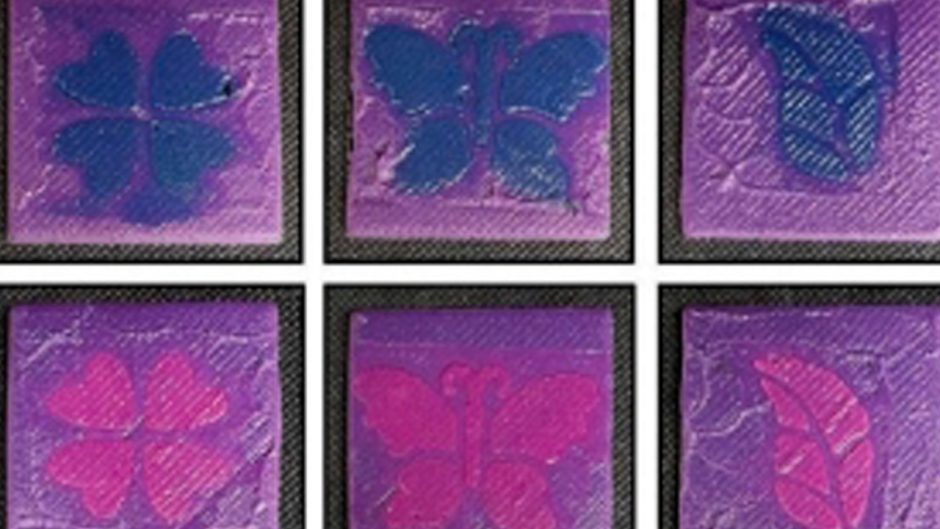Feb. 6, 2020
Contact: Sheena Rice, 573-882-8353, ricesm@missouri.edu
Retailers and brands such as Kohl’s, Nike, Target, Tommy Hilfiger and Zappos have recently launched adaptive apparel lines, and economists have predicted that the U.S. adaptive clothing market could grow to $54.8 billion by 2023. However, brands should consider the language they use when marketing products to this group of consumers, according to a new study from the University of Missouri. Researchers say that “adaptive” makes the apparel seem separate from the market.

People living with disabilities contribute $21 billion of disposable income to the marketplace. Despite the size and the potential spending power, they are often overlooked by the apparel industry.
“Terms such as ‘adaptive apparel’ are popular with companies,” said Kerri McBee Black, instructor of textile and apparel management. “However, calling an item of clothing adaptive can alienate and exclude people living with disabilities. Like all consumers, this population wants to feel embraced by a brand, not excluded as someone different.”
McBee-Black and co-author Jung Ha Brookshire surveyed how four terms — adaptive apparel, functional apparel, universal design and inclusive design — were used in apparel research and in the marketplace. They found that, for consumers with disabilities, the term adaptive could be interpreted as apparel that focused on their disability and not on their apparel needs and wants. They also found that while adaptive apparel was the term most commonly used in the marketplace, universal design and inclusive design were rarely used, although these are terms seen as less stigmatizing to people living with disability.

MU researcher, Kerri McBee Black, says that apparel companies should better understand word choice when marketing to consumers with disabilities.
“Adaptive is the popular terminology but very non-inclusive of the disabled community,” McBee Black said. “Perhaps the adaptiveness of the products should be communicated using a more inclusive tone. This would allow consumers to see adaptive apparel as useful for anyone and not just apparel designed for wheelchair users. Using inclusive descriptors within marketing and communications strategies benefits all consumers, including those with disabilities.”
McBee-Black hopes her research on apparel and people living with disabilities will bring about change for consumers, brands, educators and even policymakers.
“Currently, the Americans with Disabilities Act focuses primarily on the built-environment,” McBee Black said. “Including language about inclusive or universally designed products used in everyday life, like apparel, could help remove the barriers to social participation, including workforce participation that many people living with disabilities face. It also might drive apparel brands to consider a more inclusive approach in their designs.”
The researchers suggest that apparel brands need to invest their time into understanding how the words used to describe the apparel they are marketing to consumers with disabilities.
“Words matter: a content analysis of the definitions and usage of the terms for apparel marketed to people living with disabilities,” was published in Clothing and Textiles Research Journal.

![062625_CEI Aerial View_email-cropped[29] (1)](https://showme.missouri.edu/wp-content/uploads/2025/06/062625_CEI-Aerial-View_email-cropped29-1-940x529.jpg)


